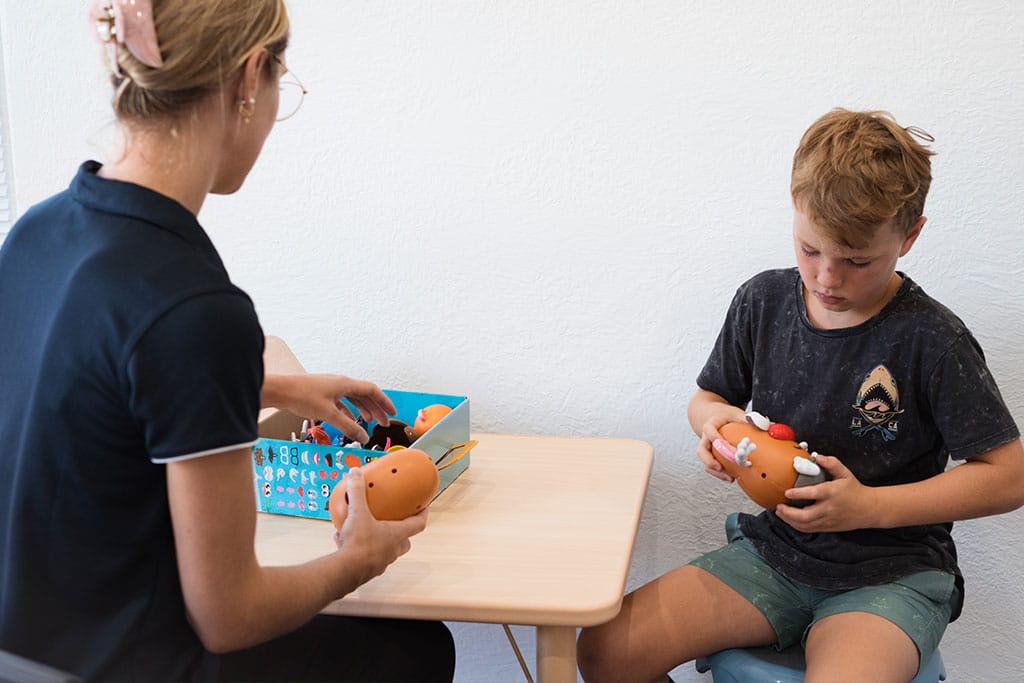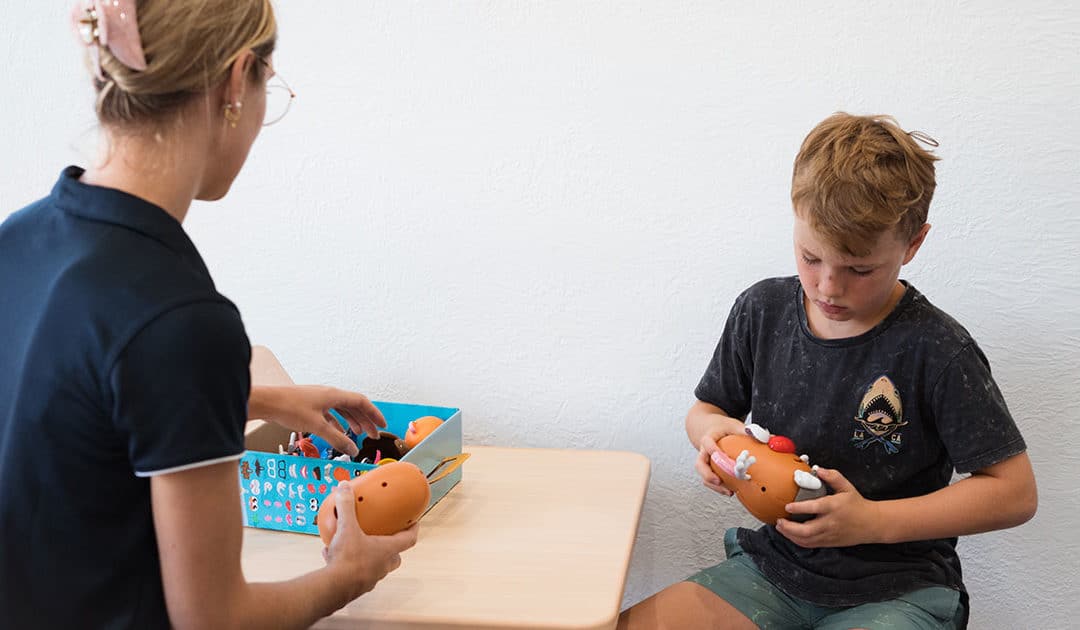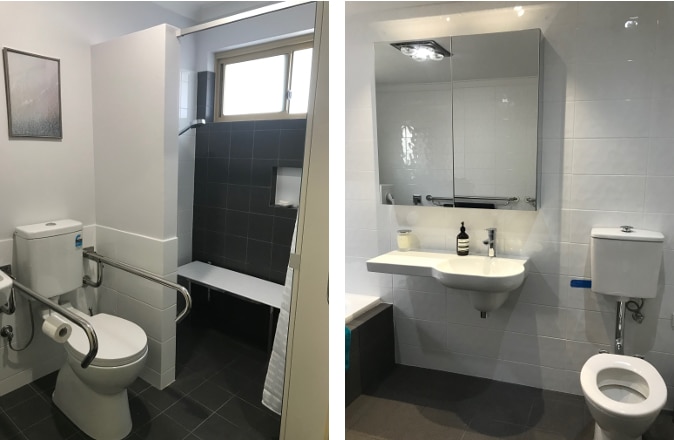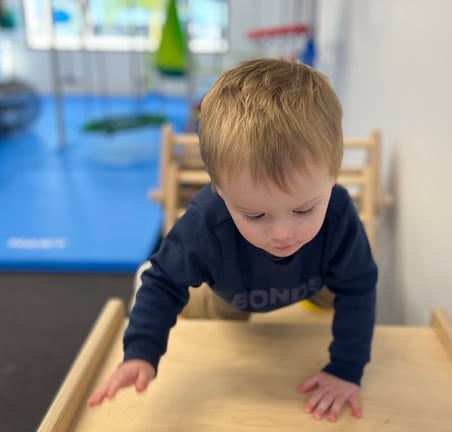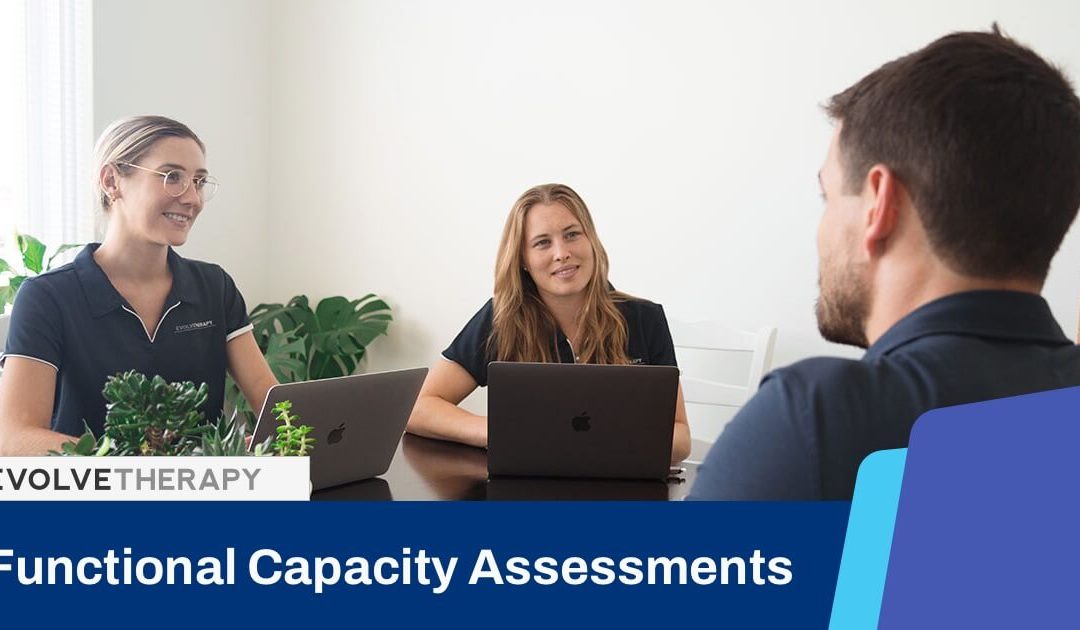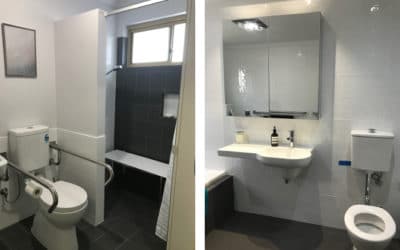Whether you’re well versed or brand new to the National Disability Insurance Scheme (NDIS), getting your head around the what, why and how of the Functional Capacity Assessment is critical in your NDIS journey. This article will aim to point out some key facts surrounding the assessment and some key important points to consider.
What is a Functional Capacity Assessment?
They are a comprehensive assessment aimed at ascertaining an individual’s level of function in physical, cognitive and psychosocial capacities. Highlighting supports such as ongoing therapy, equipment, home modifications and equipment, they also identify what services needed to enable someone to meet their goals and live their life more independently.
Consisting of an initial assessment, ongoing liaison between client and therapist and a final report, the assessment paints a picture of a person’s situation, goals and aims. It helps individuals and families understand what is required and who they need on their health provider team.
From an NDIS perspective, the assessment offers a detailed understanding of someone’s needs. It shows where they are at currently and what supports are needed to enable them greater participation, capacity and independence going forward. Most importantly, it comprehensively ‘spells out’ an individuals’ functional capacity, to the NDIA.
When would someone need one?
Children, adolescents and adults may require a Functional Capacity Assessment be undertaken for a few reasons. Primarily, when someone is seeking access to NDIS funding, the assessment offers a comprehensive means of assistance. The thorough nature of the assessment provides a detailed snapshot of a person’s functional capacity in many different aspects.
A person may also have just received their initial NDIS funding plan and may not understand what supports will provide them the best opportunity to achieve their goals. Having an assessment take place can offer a ‘baseline’ understanding of where best to allocate NDIS funding in order to reach their goals.
Finally, an important reason why someone would undertake the assessment, would be in a review or change of circumstance situation. That is, if an individual or family is unsure that existing supports are adequate, or not representative of the situation, a Functional Capacity Assessment provides the evidence of this.
What is involved?
Usually taking about 2 to 3 hours, an experienced Occupational Therapist will come to your house and assess you or your child, in all aspects of functional capacity including:
- Physical function
- Personal care, showering and toileting
- Communication, social skills and emotional regulation
- Activities of daily living such as domestic, meal and money tasks
- School and employment capacity
- Living arrangements and the home
- Other areas as required
Following this initial assessment, the Therapist will then commence compiling the report, incorporating what was covered in the initial assessment. Providing further detail, additional standardised assessments are then completed by you or your child over the following weeks, prior to the finalisation of the Functional Capacity Assessment report.
The entire process usually takes 3 to 4 weeks to complete, from initial assessment, to report completion and involves an open dialogue between you and your therapist throughout. This ensures a comprehensive and detailed report that accurately reflects you or your child’s functional capacity and achieves your aims.
What is important?
Standardised Assessments
While there exists independent assessment frameworks, aimed at delivering consistent disability assessment, not all are equal. Ensuring that anything undertaken as part of your Functional Capacity Assessment is standardised, relevant and contributes to evaluating functional capacity is critical.
The key questions that the NDIA need answered are how well someone can function in the home and community, and what the overall impact a disability has on someone’s life. A thorough and detailed initial consultation along with standardised assessments such as the World Health Organisation Disability Assessment Score (WHODAS) and Vineland Adaptive Behaviour Scale are key parts of any Functional Capacity Assessment.
Communication
You can expect that over the course of completing the report, non face to face communication with your assessing therapist will be required. This will include emails, clarification of the initial assessment, standardised test scores and more.
Ensuring that you maintain an open dialogue with your therapist, well after the initial assessment, for ongoing support and information is also key in completing an accurate report.
Recommendations
An important part of the report are recommendations. These are finalised by the therapist completing the assessment, based on all evidence that has been compiled. This outlines all the supports the individual may require including;
- Therapy hours
- Specialist hours (dietician, psychologist)
- Assistive Technology
- Home Modifications or Vehicle Modifications
- Support Coordination
- Support Workers
- Consumables
- Transportation
NDIS plans can often have funding allocated specifically for a Functional Capacity Assessment. Consult your NDIS plan, or relevant member of your health team to identify if this is applicable to your circumstances.
